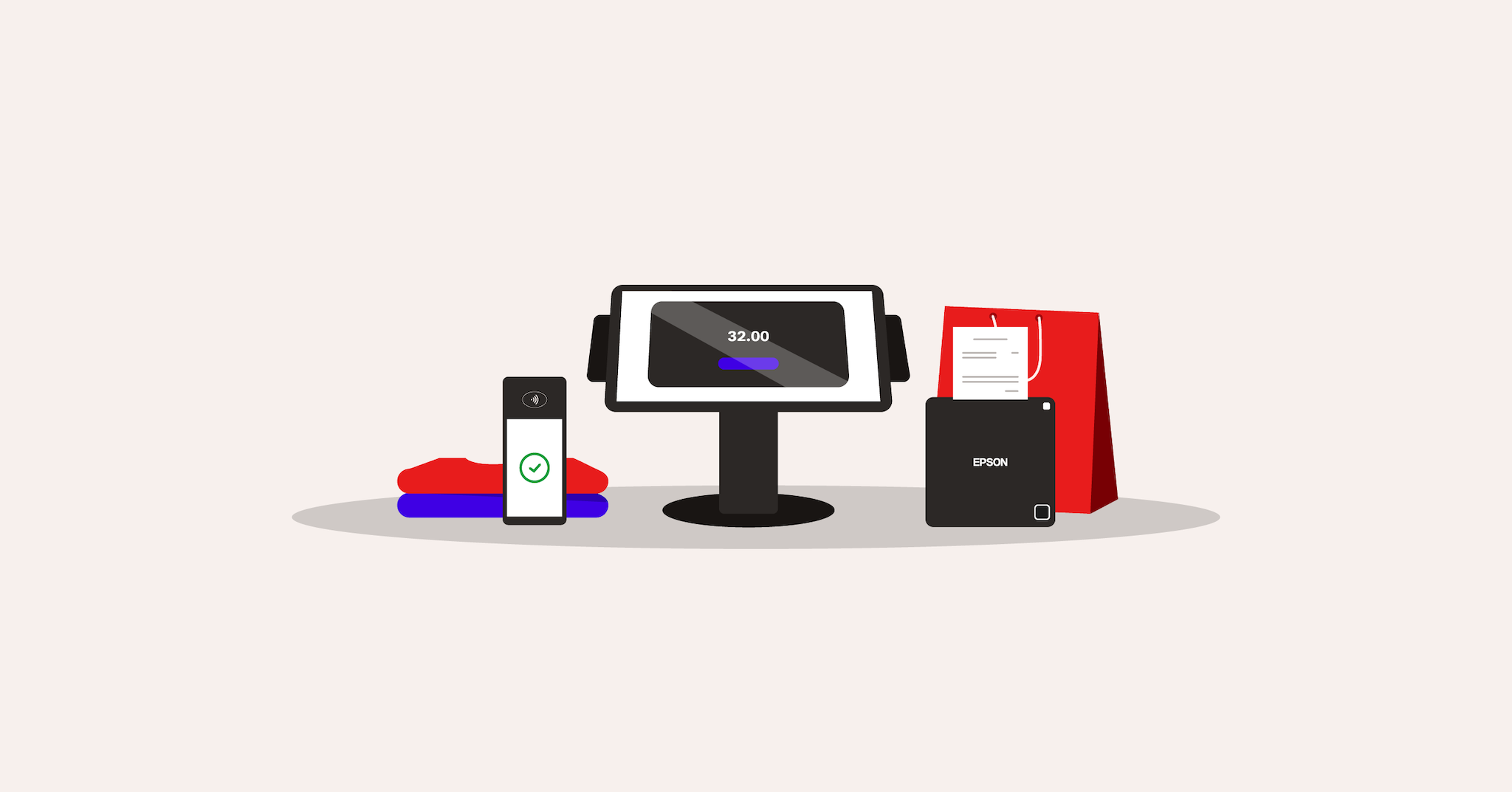How a POS System Can Help You Track Employee Performance

In today’s competitive business environment, keeping track of employee performance is crucial for ensuring productivity, accountability, and growth. One of the most efficient and reliable ways to monitor employee activity—especially in retail, restaurants, and service industries—is through a Point of Sale (POS) system. While POS systems are primarily known for handling sales transactions and inventory, they also offer powerful tools for employee management.
Modern POS systems are designed to collect detailed data about every transaction, including who completed the sale, what was sold, and when. This data, when used wisely, can offer deep insights into employee performance, helping business owners and managers make better decisions regarding staffing, training, incentives, and operations.
1. Track Individual Sales Performance
One of the most direct ways a POS system helps track employee performance is by recording individual sales data. Each employee is assigned a unique login or PIN, so every transaction can be traced back to the person who handled it. With this feature, managers can easily see who is selling the most, who is hitting their targets, and who may be underperforming.
For example, in a retail store, a POS system can reveal that one employee consistently sells more high-ticket items or upsells better than others. In a restaurant, it can show which server has the highest table turnover or earns the most tips. These insights help managers reward top performers and provide additional training to those who may need support.
2. Monitor Work Hours and Shift Attendance
Many POS systems include built-in time-tracking features that allow employees to clock in and out. This not only ensures accurate payroll but also helps identify attendance issues such as tardiness, early departures, or extended breaks. Managers can quickly see patterns and address any concerns before they affect productivity or team morale.
By integrating scheduling tools, some POS platforms also allow managers to compare scheduled shifts against actual hours worked, ensuring accountability and minimizing payroll discrepancies.
3. Evaluate Efficiency and Speed
In fast-paced environments like cafes or quick-service restaurants, speed is essential. POS systems can measure how quickly employees complete transactions or process orders. If one cashier regularly processes transactions faster while maintaining accuracy, that’s a clear indicator of efficiency. On the other hand, frequent delays or order mistakes can highlight areas for improvement.
Tracking this data over time gives managers the ability to set performance benchmarks and improve workflow efficiency across the board.
4. Reduce Internal Theft and Fraud
Employee theft, whether it’s through giving unauthorized discounts, voiding sales, or skimming cash, can significantly hurt a business. A POS system adds a layer of transparency and accountability. Most systems allow for role-based permissions, meaning employees only have access to the functions they need.
Managers can also generate reports on refunds, discounts, and voids—actions that are often linked to theft or errors. With this level of monitoring, businesses can quickly detect suspicious activity and take appropriate action.
5. Identify Training Needs
Performance tracking through a POS system can also uncover knowledge gaps or training needs. For instance, if an employee consistently fails to upsell or doesn’t follow promotional pricing, it could be due to a lack of understanding. With detailed reports, managers can identify these gaps and offer targeted coaching or refresher training to improve overall performance.
6. Motivate Staff with Goals and Incentives
By tracking individual performance metrics like sales volume, average transaction value, or customer feedback, POS systems make it easy to set performance goals. Businesses can create reward programs or friendly competitions based on these metrics to boost motivation and team engagement.
This data-driven approach helps ensure rewards are fair and based on measurable results, fostering a culture of accountability and achievement.
Conclusion
A POS system is much more than just a tool for processing transactions—it’s a comprehensive business solution that can significantly enhance employee management. By tracking sales, attendance, efficiency, and potential issues like fraud, POS systems provide valuable insights that can help you optimize your team’s performance. Whether you’re running a retail store, a restaurant, or any other customer-facing business, leveraging your POS system for employee performance tracking is a smart, strategic move that pays off in the long run.






